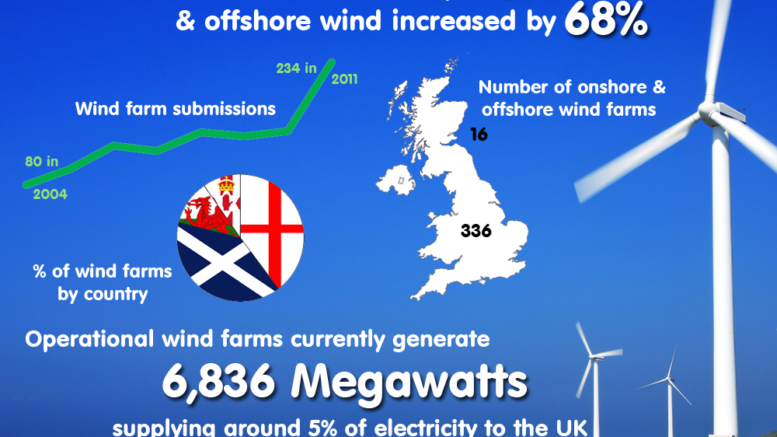The amended Bill will mean that the developer of onshore wind, greater than 50MW, will need to apply for planning permission generally to the local planning authority.
The Clause in this Bill relating to onshore wind relates exclusively to England and Wales, so the ‘English votes for English laws’ procedure will apply in the House of Commons.
House of Commons today debates MER changes to Energy Bill regulation of UK oil, gas and onshore wind industries
 The House of Commons Library has produced a briefing paper which looks at the proposals set out in the Energy Bill 2015.
The House of Commons Library has produced a briefing paper which looks at the proposals set out in the Energy Bill 2015.The Bill relates to oil, gas, carbon dioxide and pipelines as well as about onshore wind power and is due to have its Second Reading in the Commons today (18 Jan 2016).
See also:
The opposition Labour and Liberal parties are expected to lodge their own amendments to the Bill which would, inter alia, re-establish the renewable energy sector’s Renewables Obligation.
Oil and Gas
The Bill implements recommendations of the Wood Review and will establish a new regulator, the Oil and Gas Authority (OGA). The Wood Review also recommended:
- provide an economic environment aimed at prolonging the life of existing infrastructure and promotes in investment in key new infrastructure
- incorporate stewardship of infrastructure within existing asset stewardship and promote collaborative infrastructure to provide additional capacity
- use more of the current legal powers to resolve disputes and facilitate access to infrastructure particularly through the Infrastructure Code of Practice
- encourage more competitive tariffs in co-operation with HM Treasury
- encourage the development of new business models
Maximising economic recovery, carbon capture and storage
The Bill amends the ‘principal objective’ to relate to maximising economic return and to decommissioning oil and gas infrastructure and securing its use for carbon capture and storage.
Decommissioning
A Government commissioned review has estimated it will cost more than £35 billion over the 30 years from 2014 to 2044. With the expected continuing overall decline in UKCS oil and gas production as fields reach the end of their economic life, the pace of decommissioning of these fields will likely accelerate.
Wind farms
The amended Bill will mean that the developer of onshore wind, greater than 50MW, will need to apply for planning permission generally to the local planning authority.
The Clause in this Bill relating to onshore wind relates exclusively to England and Wales, so the ‘English votes for English laws’ procedure will apply in the House of Commons.
Content list for Briefing paper
- Passage through Parliament
- Maximising economic recovery and the OGA
- Background on the UK offshore oil and gas industry
- Employment in oil and gas
- Oil Price and Industry Challenges
- Wood review
- Oil and Gas Authority
- Maximising Economic Recovery and the “Principle Objective”
- Establishing the OGA and transferring powers
- Other functions of the OGA
- Oil and gas infrastructure
- Onshore wind
- EU ETS and the Carbon budget
- Emissions trading and the United Kingdom carbon account
Tracking this Bill
Keep up to date with the progress of this Bill as it proceeds through the Westminster Parliament.


